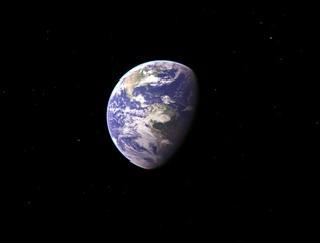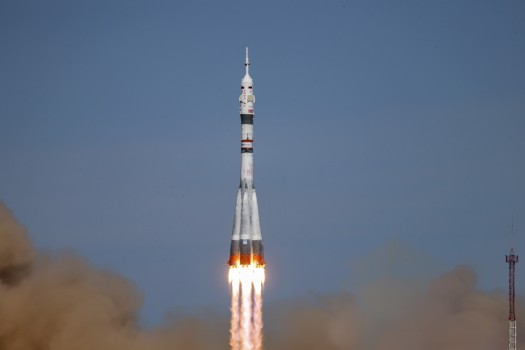
LONDON (PTI): Earth will remain habitable for at least another 1.75 billion years, a new study suggests.
After this point, our planet will be in the 'hot zone' of the Sun, with temperatures so high that the seas would evaporate, causing a catastrophic and terminal extinction event for all life, researchers said.
Using recently discovered planets outside our solar system (exoplanets) as examples, researchers investigated the potential for these planets to host life.
"We used the 'habitable zone' concept to make these estimates - this is the distance from a planet's star at which temperatures are conducive to having liquid water on the surface," said Andrew Rushby, from University of East Anglia (UEA)'s school of Environmental Sciences.
"We used stellar evolution models to estimate the end of a planet's habitable lifetime by determining when it will no longer be in the habitable zone. We estimate that Earth will cease to be habitable somewhere between 1.75 and 3.25 billion years from now.
"After this point, Earth will be in the 'hot zone' of the Sun, with temperatures so high that the seas would evaporate.
We would see a catastrophic and terminal extinction event for all life," said Rushby.
Rushby said conditions for humans and other complex life will become impossible much sooner - and this is being accelerated by anthropogenic climate change.
"Humans would be in trouble with even a small increase in temperature, and near the end only microbes in niche environments would be able to endure the heat," said Rushby.
"Looking at habitability metrics is useful because it allows us to investigate the potential for other planets to host life, and understand the stage that life may be at elsewhere in the galaxy.
"Of course, much of evolution is down to luck, so this isn't concrete, but we know that complex, intelligent species like humans could not emerge after only a few million years because it took us 75 per cent of the entire habitable lifetime of this planet to evolve. We think it will probably be a similar story elsewhere," said Rushby.
Almost 1,000 planets outside our solar system have been identified by astronomers. The research team looked at some of these as examples, and studied the evolving nature of planetary habitability over astronomical and geological time.
"We compared Earth to eight planets which are currently in their habitable phase, including Mars. We found that planets orbiting smaller mass stars tend to have longer habitable zone lifetimes," said Rushby.
The study was published in the journal Astrobiology.
 Previous Article
Previous Article Next Article
Next Article












The Indian Air Force, in its flight trials evaluation report submitted before the Defence Ministry l..
view articleAn insight into the Medium Multi-Role Combat Aircraft competition...
view articleSky enthusiasts can now spot the International Space Station (ISS) commanded by Indian-American astr..
view article